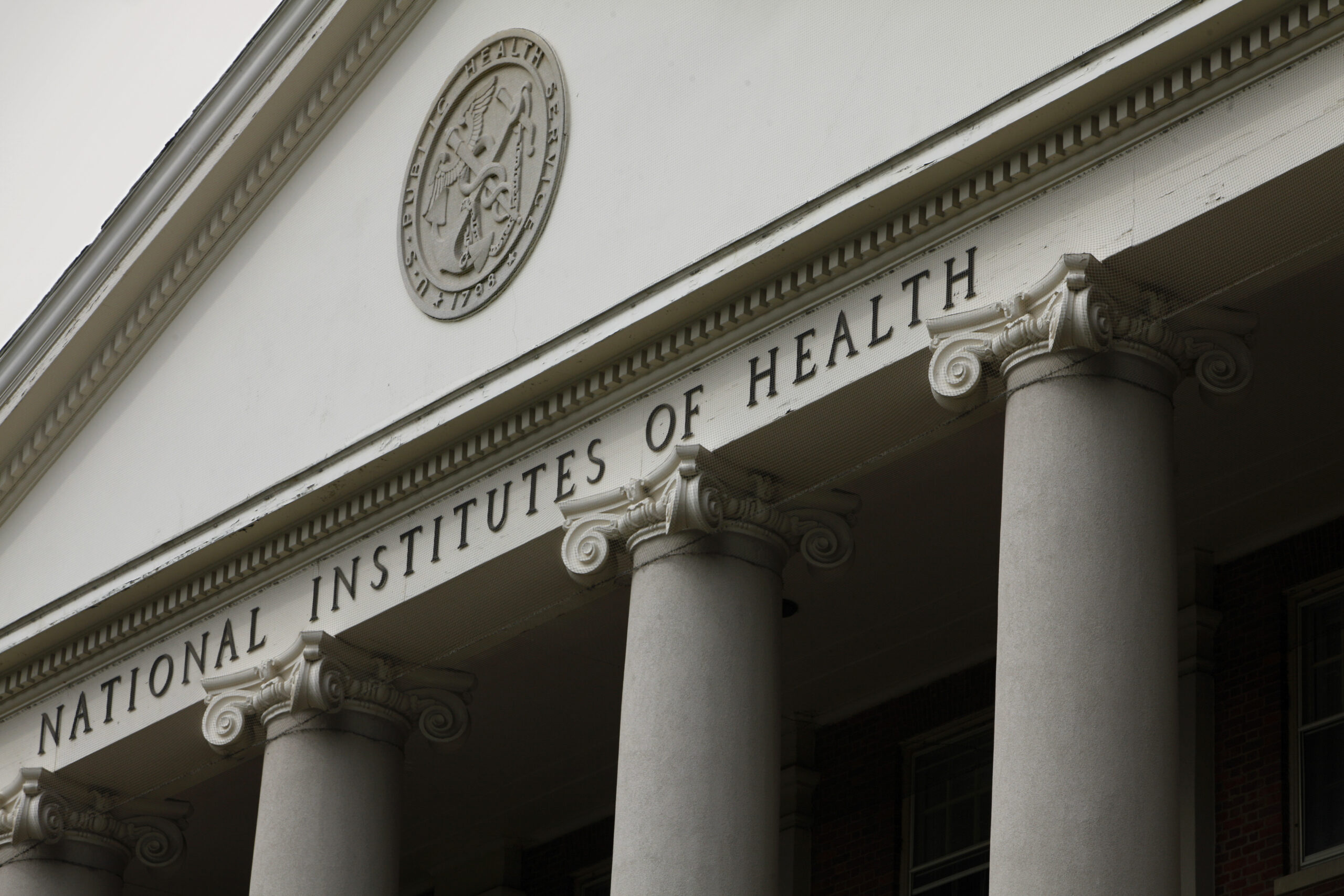

Rep. Cathy McMorris Rodgers (R-WA), chairwoman of the House Energy and Commerce Committee, subpoenaed the National Institutes of Health on Monday over sexual harassment complaints at the agency.
The subpoena, obtained by the Washington Examiner, comes after the agency has been noncompliant with the committee’s investigation, according to the letter, and unresponsive to sexual harassment in the workplace.
Rodgers warned the NIH of an incoming subpoena in a Jan. 26 letter, which gave the agency until last Friday to comply. The committee’s use of a subpoena appears to indicate the agency has not responded.
“The NIH has failed to comply adequately with requests for information and documents related to its handling of sexual harassment complaints,” Rodgers wrote in the subpoena, sent to NIH Director Monica M. Bertagnolli. “The NIH’s course of conduct demonstrates a lack of good faith and an unwillingness to engage with the Committee voluntarily.”
The committee’s investigation, being conducted by the Oversight and Investigations Subcommittee chaired by Rep. Morgan Griffith (R-VA), is looking into sexual harassment at the NIH and institutions that receive grants from the agency.
So far, the yearslong inquiry has uncovered at least 300 cases, but the NIH has refused to turn over documents concerning the investigation, according to a press release announcing the subpoena.
Committee Republicans have been probing the NIH since 2021, but they gained subpoena power when their party took control of the House in the 118th Congress.
In August 2022, the committee sent a letter asking the NIH to respond to a wide variety of concerns regarding its responses to sexual harassment claims and whether its policies conform to Title IX protections at research institutions to which it awards grant funding.
The letter cited two Association of American Universities surveys, one from 2015 and a follow-up from 2019, tracking rates of sexual assault at institutions of higher education across the country.
The survey showed that Yale University, for example, had one of the highest rates of female sexual assault in the country in 2015 and that the rate actually increased by 2019. The letter noted that Yale is one of the largest recipients of federal grant money, raking in $4.3 billion through 9,584 grants from NIH alone.
Committee Republicans at the time requested answers to 30 questions, probing the agency about its procedural response to allegations of sexual harassment, retaliation, a breakdown of allegations received by NIH, and its handling of issues such as institutions exchanging researchers accused of misconduct.
After receiving no response, the committee followed up again in March 2023, requesting answers to 30 similar questions.
CLICK HERE TO READ MORE FROM THE WASHINGTON EXAMINER
“Sexual harassment is degrading and illegal. Studies show it has a negative effect on the ability of women to engage in research at the same level as men,” the January letter stated. “Title IX prohibits sexual harassment and other forms of sex discrimination in education programs that receive federal funding, and federal agencies are required to enforce the law at the universities they fund. As the largest public funder of biomedical research, the NIH is uniquely positioned to transform the culture of science to prevent sexual harassment and mitigate its detrimental impacts.”
The Washington Examiner reached out to the NIH with a request for comment.
02 05 2024 Letter to NIH Di… by web-producers







